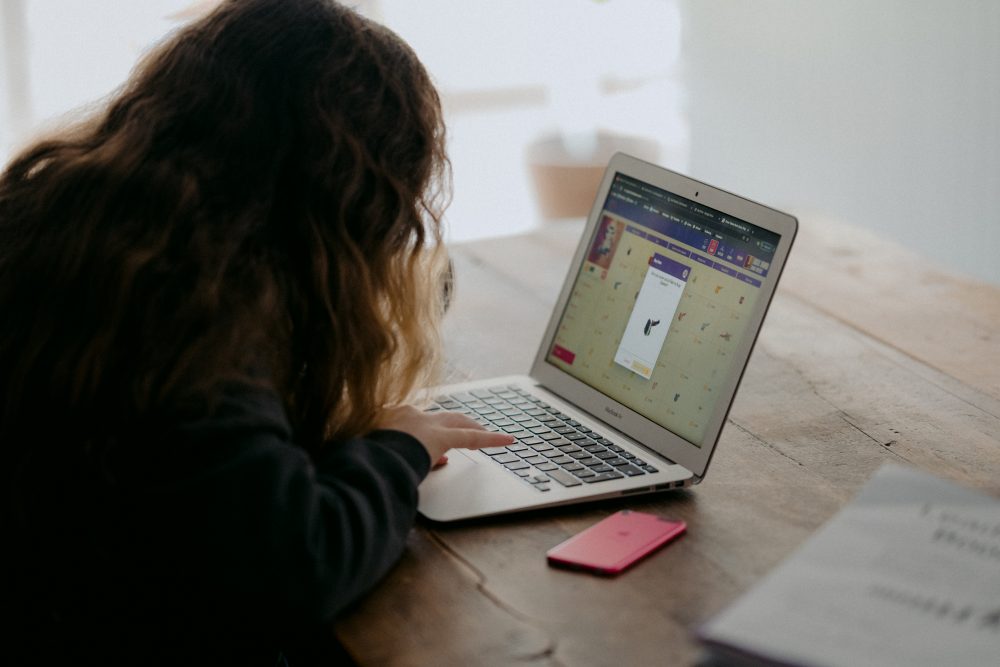
With the start of the distance education process in Lithuania, children spend a lot of time online and organizing virtual lessons poses new challenges for both students and teachers. The Communications Regulatory Authority (RRT), together with the Ministry of Education, Science and Sport and the National Agency for Education has prepared recommendations for teachers on how to conduct remote lessons safely and effectively. Also, RRT has prepared some tips for parents on how to help their children stay safe online during this period.
Deputy minister of Education, Science and Sport Arūnas Plikšnys says that it is important to understand that the same rules of conduct apply in distance learning as in school. “Teachers who notice misconduct should record it and report it to the school head or the internet hotline,” says the deputy minister.
“On the Internet, children discover a wealth of useful information, engaging communication and learning tools, and a variety of entertainment. However, alongside all the good things in the virtual space threats also exist, so adult assistance to children in this period is especially necessary. A great deal of responsibility lies with the teachers, including the choice of appropriate digital tools and the management of virtual classrooms, ensuring efficient and safe classroom work. Parents also have not only to help children in the learning process but also make sure that the digital tools are safe for their children and they can protect themselves in the virtual space, – says RRT director Feliksas Dobrovolskis. “So we hope that the practical advice prepared by the experts of the RRT Internet hotline www.švarusinternetas.lt will be useful for both teachers and parents.”
Some tips for teachers:
- Use platforms and tools only recommended by the responsible authorities. You can find a list of them here: https://sites.google.com/itc.smm.lt/nuotolinis/skaitmenin%C4%97s-priemon%C4%97s
- Choose remote learning tools and platforms that allow only invited and authorized users to join your virtual classroom, i.e. your students.
- Remind students that the same rules of discipline and polite behaviour apply in virtual lessons as in school. Observe what they are doing in the virtual classroom and react accordingly if you notice inappropriate behaviour.
- Explain to children that it is not safe to send, transfer any login links or data of the virtual class to other persons.
- If you are faced with illegal or harmful content on the internet, report it to the hotline by filling in the form on the website švarusinternetas.lt.
Some tips for parents:
- If you are faced with illegal or harmful content on the internet or electronic bullying, report it to the internet hotline švarusinternetas.lt.
- Remind children that they should never reveal personal information: home address, phone number, a class they are studying in, and so on.
- Remind them not to reveal passwords, including access to virtual lesson links, to other people, and help them to create secure passwords.
- Help your child to set up security and privacy settings on social networks (only if your child is of the age to have an account).
- Find out what the child is doing during the remote learning process. Unfriendly pop-up links or windows can be caused by other windows or malware on your computer, rather than by a remote learning platform or tool.
- Remind them that virtual lessons have the same rules of discipline and polite behaviour as at school.
The recommendations are available here:
Rekomendacijos mokytojams dėl saugumo internete nuotolinių mokymų metu
Rekomendacijos tėvams ir globėjams dėl vaikų saugumo internete
Updated on 2020-04-10